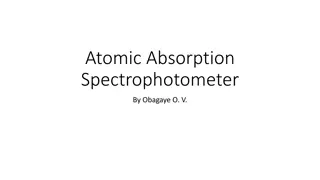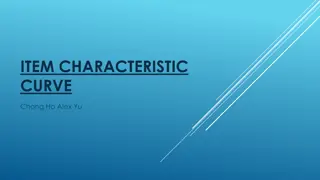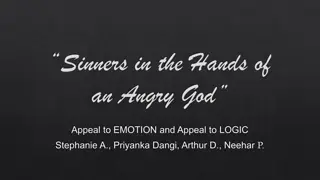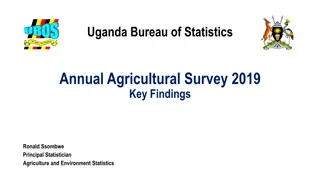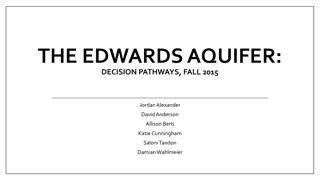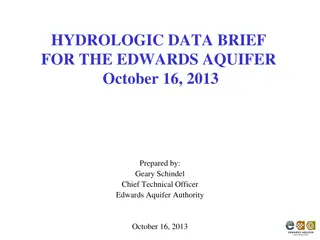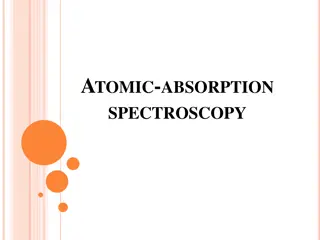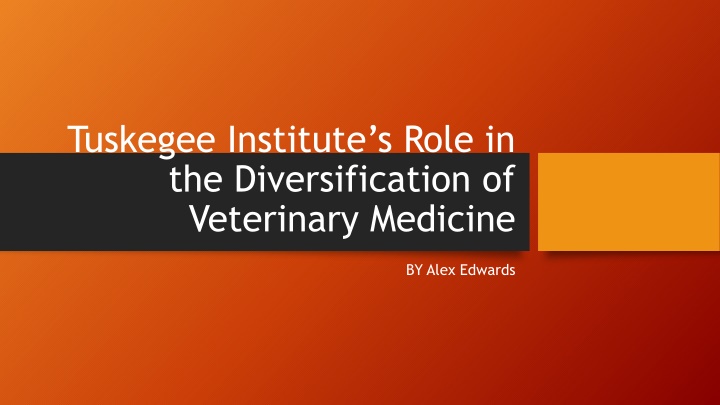
Impact of Tuskegee Institute on Veterinary Medicine Diversity
"Learn about the pivotal role played by Tuskegee Institute in diversifying veterinary medicine, providing opportunities for African Americans, establishing the School of Veterinary Medicine, notable graduates, and overall impact in advancing minority representation in the field."
Download Presentation

Please find below an Image/Link to download the presentation.
The content on the website is provided AS IS for your information and personal use only. It may not be sold, licensed, or shared on other websites without obtaining consent from the author. If you encounter any issues during the download, it is possible that the publisher has removed the file from their server.
You are allowed to download the files provided on this website for personal or commercial use, subject to the condition that they are used lawfully. All files are the property of their respective owners.
The content on the website is provided AS IS for your information and personal use only. It may not be sold, licensed, or shared on other websites without obtaining consent from the author.
E N D
Presentation Transcript
Tuskegee Institutes Role in the Diversification of Veterinary Medicine BY Alex Edwards
Overview The least diverse field of medicine Very little opportunities for African Americans who wanted to pursue an education in veterinary medicine Career choices were limited to only three possible routes First African American Veterinarians were Henry Stockton and Augustus Lushington
Tuskegee Institute School of Veterinary Medicine Established in 1945 Started by Dr. F.D. Patterson and Dr. William Waddell Dr. Theodore Williams Edward B. Evans Name changed to Tuskegee University College of Veterinary Medicine, Nursing, and Allied Health in 1996
Association of American Veterinary Medical Colleges Walter Bowie Minority Recruitment Seminar/ Workshops Address problems of lack of diversity Indiana 1972 Minority Affairs Committee Minority Recruitment Conference 1975 meeting
Notable Tuskegee Graduates Willie M. Reed, DVM, PhD, DACVP, DACPV 1978 Graduate of Tuskegee University College of Veterinary Medicine Current Dean of School of Veterinary Medicine at Purdue University
Notable Tuskegee Graduates Dr. Reginald Royster, Jr., DVM 1985- BA from University of Virginia 1989-Tuskegee University College of Veterinary Medicine Current Director of Haverford Animal Hospital in Pennsylvania
The Overall Impact Tuskegee is the main reason why the field is even remotely diverse today Because of Tuskegee there are more minority veterinarians in the military, in education, etc Currently Dean of Tuskegee University s school of Veterinary Medicine Nursing and Applied Health, Associate Dean of the Mississippi State University College of Veterinary Medicine, and position of Assistant Surgeon General of Veterinary Services are all held by minorities.
Reference Books Lisa Greenhill. Navigating Diversity and Inclusion in Veterinary Medicine. Purdue University Press, 2013) Eugene Adams. The Legacy





